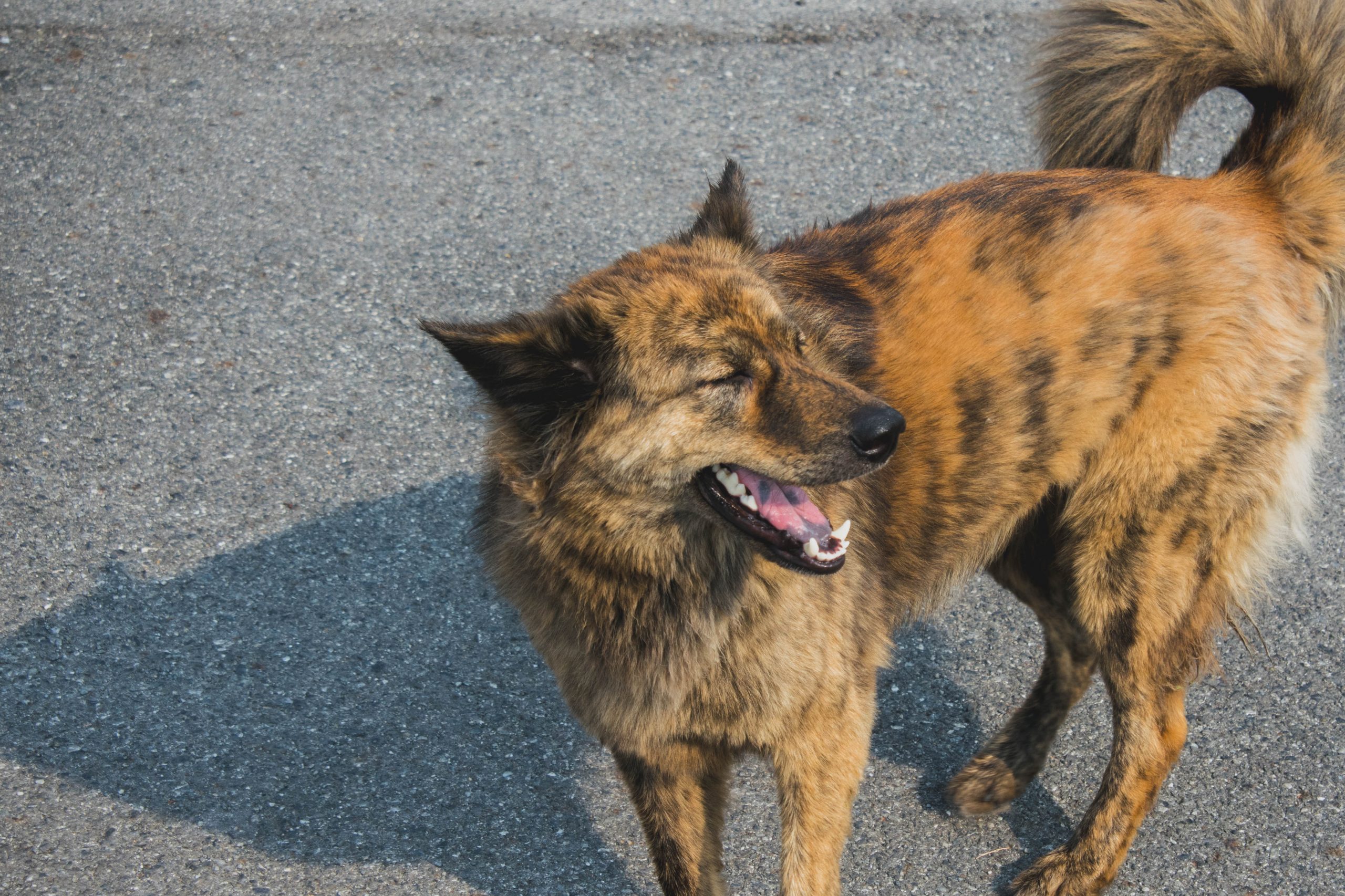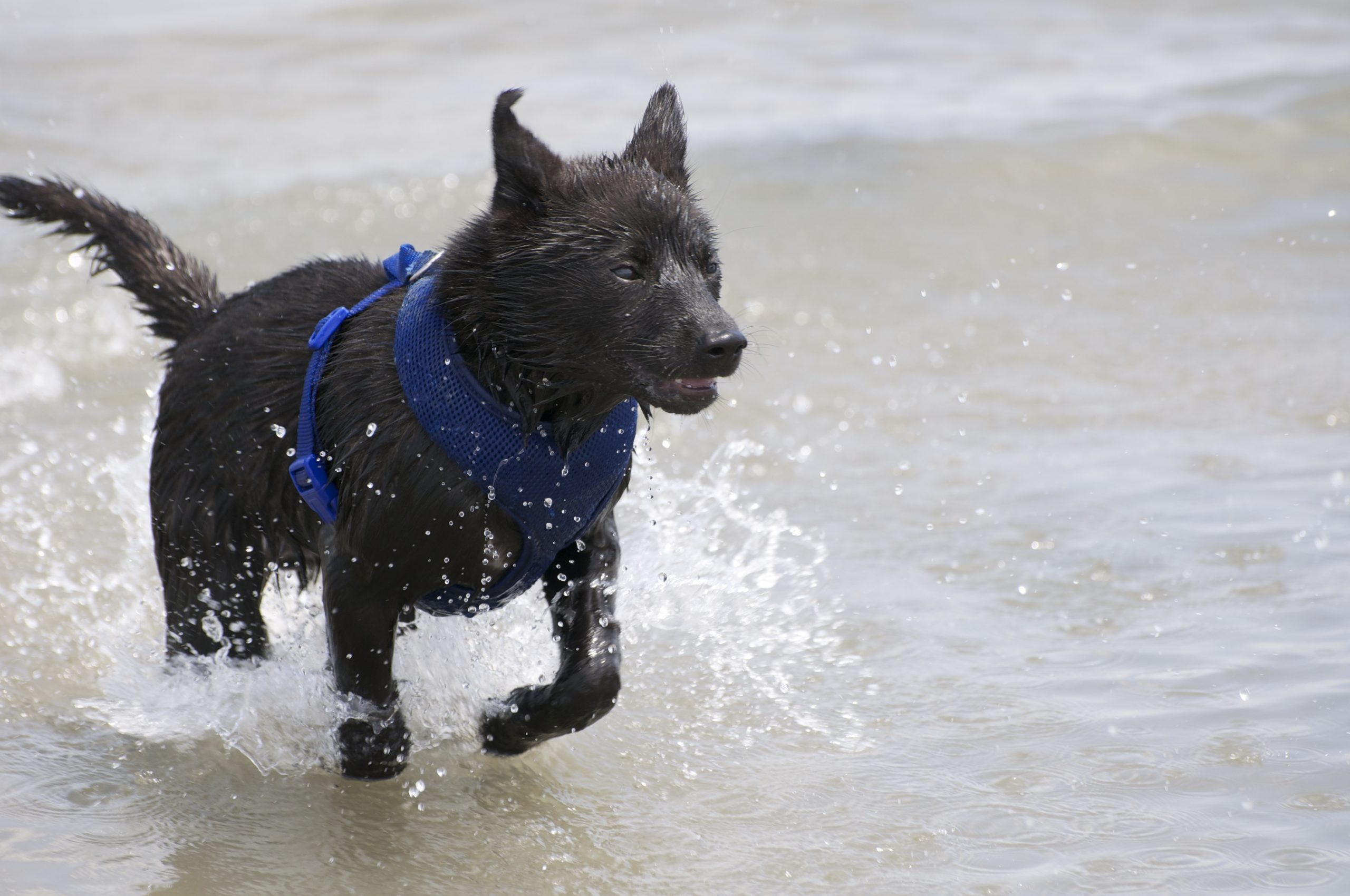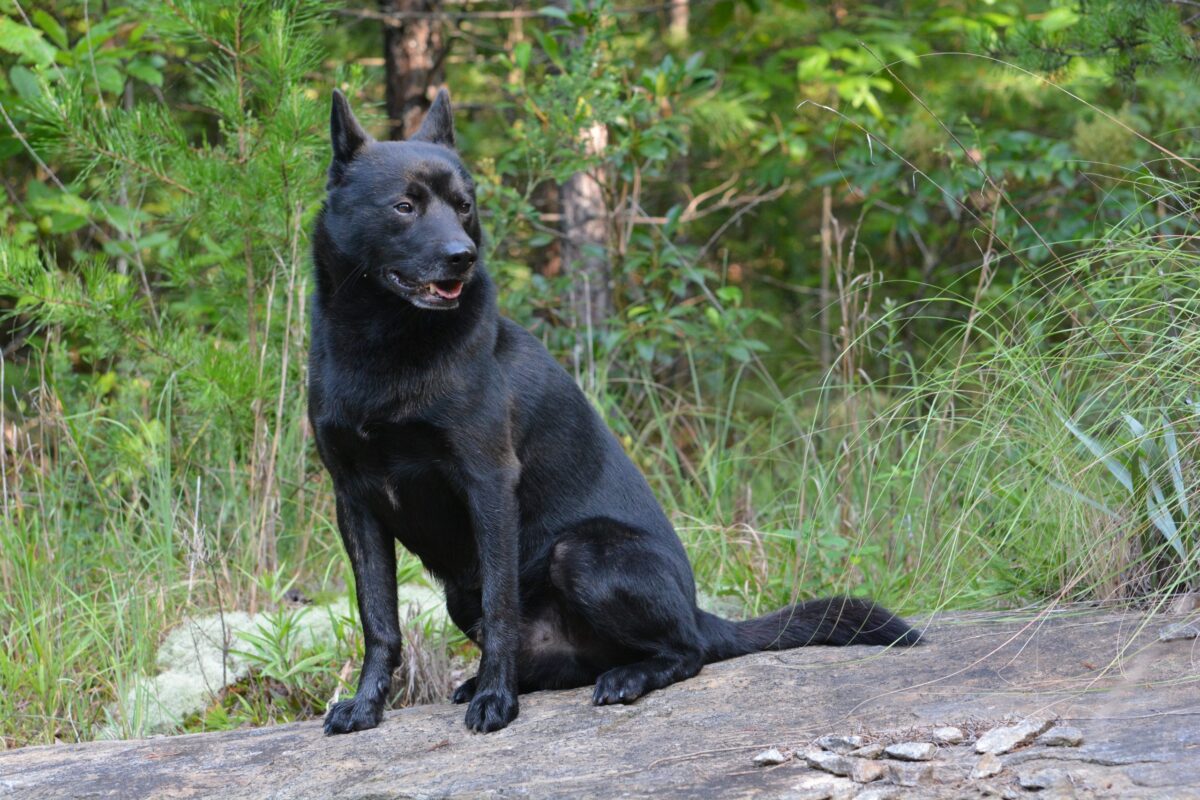Kai Ken
No products found which match your selection.
Shelter Dog Meal Donation Count:
No products found which match your selection.
The Kai Ken, a medium-sized, agile Japanese breed, is loyal and intelligent with a strong hunting instinct, known for its unique brindle coat and excellent swimming ability.
The Kai Ken is a versatile and hardy breed, initially used for hunting in the mountainous regions of Japan. They are known for their agility, swimming ability, and loyalty to their owners.

This breed originates from the Kai district in Yamanashi Prefecture, Japan. They are considered a national treasure in Japan and were historically used for hunting deer and wild boar.



Generally, it is a healthy breed with few genetic health issues. Some may be prone to hip dysplasia.
Their medium-length coat requires regular brushing to maintain coat health and reduce shedding. Bathing should be done as needed, but not too frequently.
High energy levels necessitate daily exercise, including walks, runs, and playtime. Their agility and intelligence make them well-suited for dog sports.
Intelligent and quick to learn but can exhibit an independent streak. Consistent, positive reinforcement methods work best. Early socialization is crucial for a well-adjusted temperament.
Requires a balanced diet suitable for a medium-sized, active breed. Monitoring food intake and maintaining a regular feeding schedule is essential to prevent overfeeding.
Caring for a Kai Ken involves meeting their exercise, grooming, and mental stimulation needs. They thrive in environments where they can be active and engaged. With proper care, including regular veterinary visits, suitable nutrition, and sufficient exercise, Kai Kens makes loyal and energetic companions.
The Kai Ken, a sturdy and resilient breed, is generally healthy but, like all breeds, can be predisposed to specific health conditions. Awareness of these potential issues and conducting recommended tests can help maintain their health.
Understanding these common health issues and adhering to the recommended tests and preventive care guidelines can help ensure a long, healthy life for a Kai Ken. Regular collaboration with your veterinarian is critical to developing a healthcare plan tailored to your dog's needs.
The iHeartDogs Free Rx Discount Card Program is a pet prescription discount card that can help you save money on your furry friend’s medications. The card is free to sign up for, and you can use it at participating pharmacies nationwide. To use the free program, simply show the card to your pharmacist when you pick up your pet’s prescription. The pharmacist will then scan the card, and you will receive a discount on the price of the medication.LEARN MORE
Caring for a Kai Ken involves various expenses depending on location, the dog’s age, health, and personal care choices. Here’s a breakdown of typical expenses:
Total Estimated Annual Cost:
$3285 - $7270
It's important to note that these figures are estimates and can vary. Also, the first year of owning a dog can be more expensive due to one-time costs like spaying/neutering, initial vaccinations, and training. Regular budgeting for your dog's needs and an emergency fund for unforeseen costs are essential for responsible pet ownership.